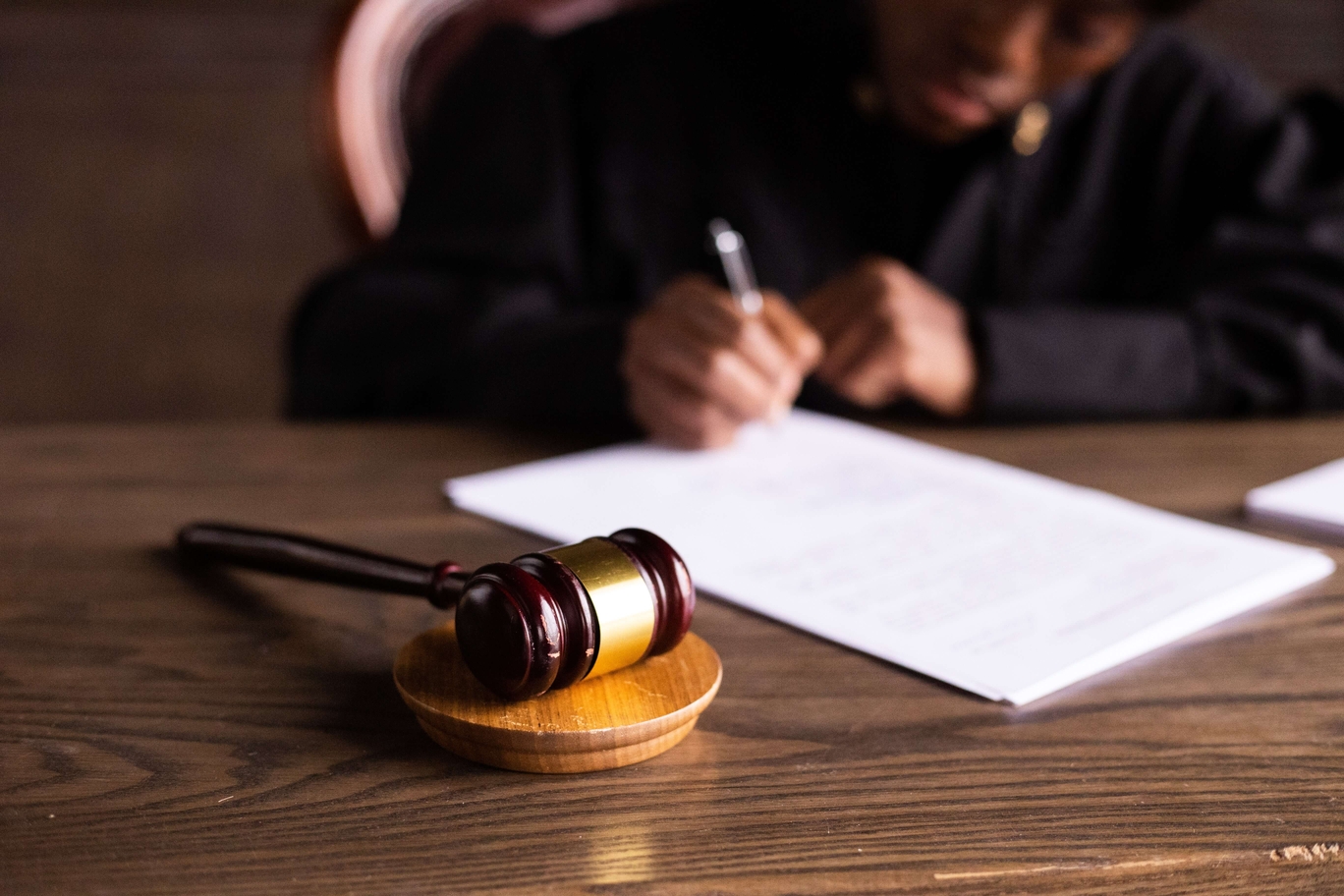
NEWS
Can I Refuse to Testify Against My Family?
Being called to testify in court is a stressful experience itself, but even more so, when you are called to testify against your loved-one. Even if your family member has a drink driving offence, traffic offence or even a criminal offence, our professional criminal defence lawyers may be able to pardon you as a witness.
What is a Witness?
According to the Federal Court of Australia, a witness is a person who gives information in a court of law to help solve a case. When a witness gives evidence, it is called testifying. There are two types of witnesses:
- A Witness-of-Fact is an ordinary person who gives evidence on anything they have seen or heard which relates to a case.
- In contrast, an Expert Witness gives information from their specialist knowledge which relates to the case.
If a person refuses to attend court, they may be served with a subpoena. It is an offence to disobey a subpoena, and therefore you could be arrested or legally charged. If the witness does come to court, the court must then determine whether or not they are competent to give evidence.
Witnesses do not need a lawyer to go to court; however, it is incredibly beneficial, as court processes are complicated. For example, a witness might provide evidence that could worsen the case or could cause further legal problems. Therefore, you should see a reputable criminal defence lawyer before testifying to help you and your loved ones significantly.
How to Object to Testifying
The Evidence Act 1995 recognises that everyone is competent to give evidence in court and can force a witness to testify in court. Unless their situation falls under one of the following exceptions:
- If they do not have the mental, intellectual or physical capacity to understand the context of the case.
- If including the witness would cause substantial cost or delay to the case.
- Heads of state and politicians cannot be compelled to testify.
- Judges and jurors cannot be forced to testify.
- Defendants and co-accused in criminal proceedings cannot be compelled to testify.
- Family members cannot be forced to testify.
A person who is required to give evidence in a court may apply to be excused as a witness if the defendant is their spouse, de facto partner, parent or child. This can be enforced in cases from drink driving offences to criminal offences.
You can be pardoned to give evidence, if it is likely that the information provided would cause harm to the relationship between the witness and the defended. Hence, the potential nature of the damage outweighs the importance of the evidence.
However, objecting to testify is not guaranteed, as the court can deny the claim based on one of the following.
- There is a likelihood of harm towards the defendant
- Nature and extent of the offence
- The weight of evidence the witness might produce
- Whether there is another source of evidence to be given
- The nature of the relationship between the defendant and witness
- Whether the person would be disclosing a matter received in confidence from the defendant
Due to the likelihood of a pardon being rejected by a court, it is vital to consider hiring a criminal defence lawyer as they can help you secure a pardon more efficiently than you could by yourself.
Domestic Violence Offences
In addition, to the previously mentioned situations, where a witness can be denied a pardon from the court. A family member cannot be pardoned if the proceedings relate to domestic violence offences, with the following crimes under the Children and Young Persons Act 1998:
- section 222 – endangering children in employment,
- section 223 – certain employers of children to be authorised,
- section 227 – child abuse, and
- section 228 – child neglect.
Is Spousal Privilege a Law in Australia?
Spousal privilege is a term which renders a witness immune to giving information that may incriminate their spouse. This privilege existed for hundreds of years until an Australian case in 2011, which found that there is no generally accepted substantive rule allowing spousal privilege. Therefore, it is not an enforceable law in Australia.
Find a Reputable Criminal Defence Lawyer Sydney
When searching for a reputable criminal defence lawyer to defend your traffic offence case or drink driving case, you must find a lawyer who has both experience and a high success rate in helping their clients to achieve positive outcomes. Benjamin Leonardo are outstanding Criminal Defence Lawyers. They understand the strain criminal offences have on their clients and families alike and provide sympathetic, non-judgemental expert advice and support to their clients.
With offices in Sydney and Parramatta, conveniently located near both the local and district courts, they will make the process of your legal defence transparent and manageable. Having defended more than 3,800 cases and with a success rate of over 90%, Benjamin Leonardo Driving Offence Lawyers in Sydney & Parramatta, provide their clients with informed legal advice and flexible payment terms. If you have been charged with a driving offence, please contact Benjamin Leonardo on (02) 9283 3033 for your first Consultation.
